Mark Zuckerberg’s Meta, the new name of Facebook, is not just a social media giant, but also a trailblazer against Open AI in the field of artificial intelligence (AI). Meta’s vision is to create the metaverse – a virtual world where people can connect, create, and explore. To make this happen, Meta relies on AI to power its products and services, such as Instagram, WhatsApp, Oculus, and Portal.
Mark Zukerberg’s Meta AI

But Meta is not satisfied with just using AI, it also wants to share it with the world. Meta has been developing and releasing its own AI models, such as Llama, a large language model that can generate natural language texts, and DINOv2, a vision model that can recognize objects and scenes. Meta has also been making these models open source, meaning anyone can access and use them for free, through platforms and partnerships with other companies, such as Microsoft, Amazon, and Hugging Face.

What is the motivation behind Meta’s open source AI strategy? According to Mark Zuckerberg, Meta’s CEO, the main reason is to drive innovation and democratize AI. By open sourcing its AI models, Meta enables more developers, researchers, and businesses to access and build with cutting-edge technology, without having to invest in expensive and complex infrastructure. This can foster creativity, collaboration, and competition in the AI ecosystem, and ultimately benefit the society and the environment.
Mark Zukerberg on Safety of Open-Source AI
Zuckerberg also believes that open sourcing AI can reduce safety risks, by allowing more people to scrutinize and improve the models, and by imposing an acceptable use policy that prohibits harmful or illegal applications. Meta has also been investing in AI ethics and governance, to ensure that its AI models are aligned with its values and principles, and that they respect the rights and interests of its users and stakeholders.
Public Outlook of Meta

Meta’s open source AI strategy is not without challenges and criticisms, however. Some experts and regulators have raised concerns about the potential misuse and abuse of powerful AI models, such as generating fake or misleading content, invading privacy, or violating intellectual property. Some competitors and rivals have also accused Meta of trying to dominate the AI market, by leveraging its massive data and compute resources, and by influencing the standards and norms of the industry.

Despite these issues, Meta and Zuckerberg seem determined to pursue their open source AI vision, and to position themselves as leaders and pioneers in the AI revolution. Whether this will pay off in the long run, and whether this will bring more benefits or harms to the world, remains to be seen.
What are the names of AI models open sourced by Meta?
1. Detectron 2
2. DensePose
3. SeamlessM4T
4. Llama 2
5. Code Llama
6. Fairseq
7. VizSeq
8. AudioCraft
9. Hateful Memes Dataset
10. ELF
11. ELF OpenGo
12. FastText
13. Translate
14. MUSE
15. CoVoST
16. FAISS
17. ReAgent
18. PHYRE
19. TorchCraft








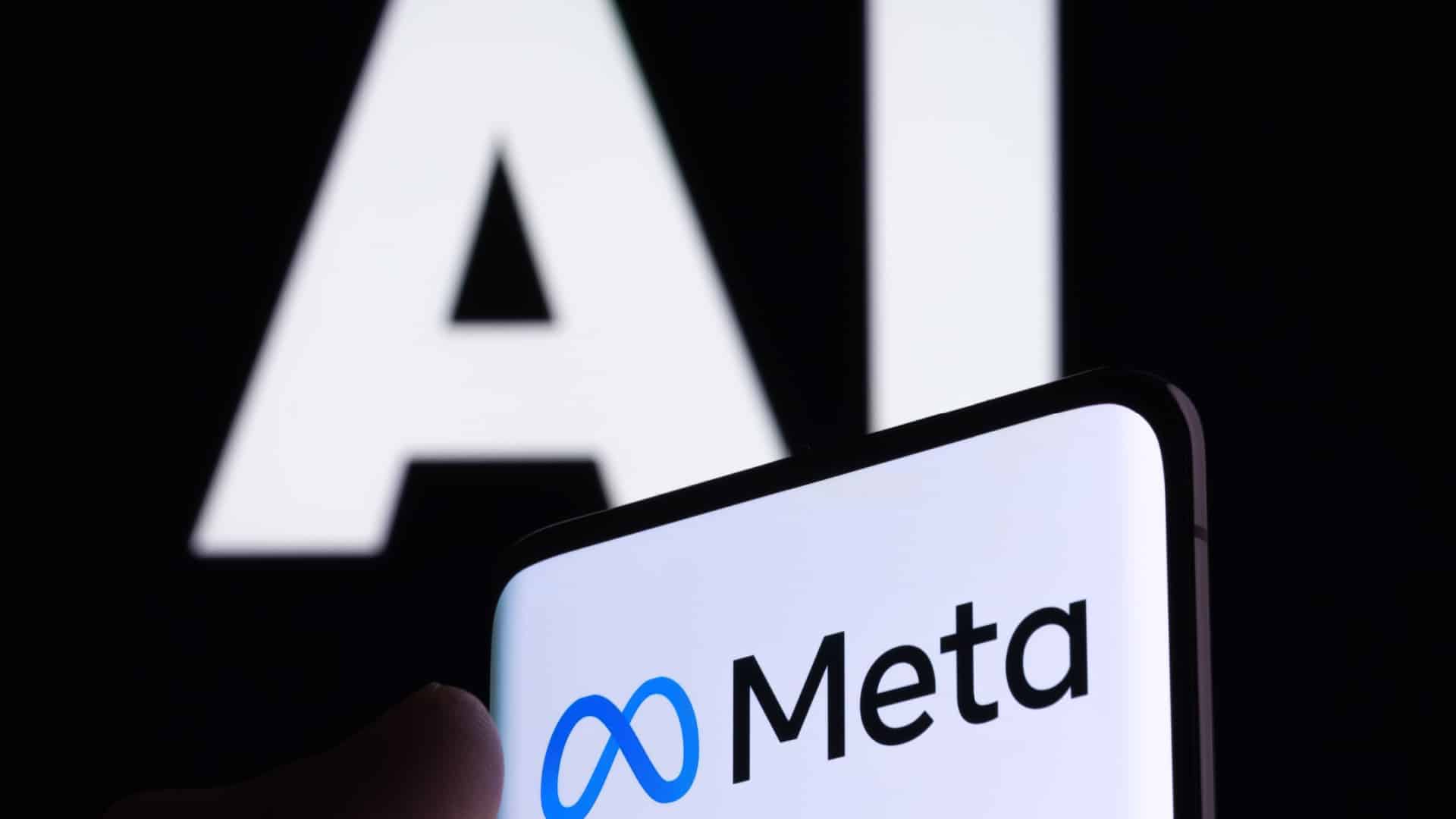
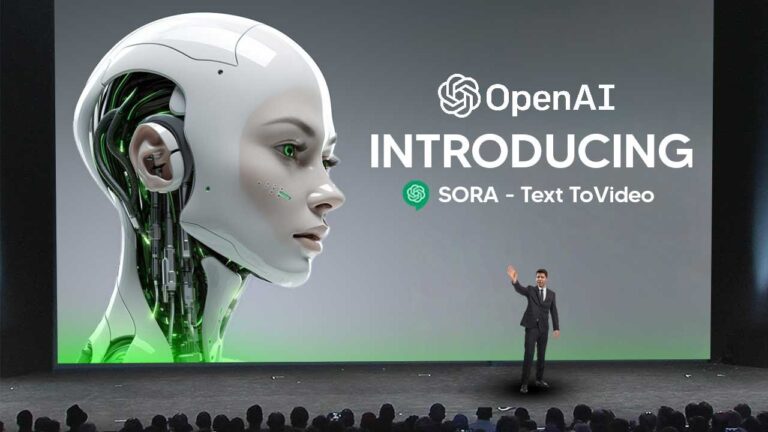
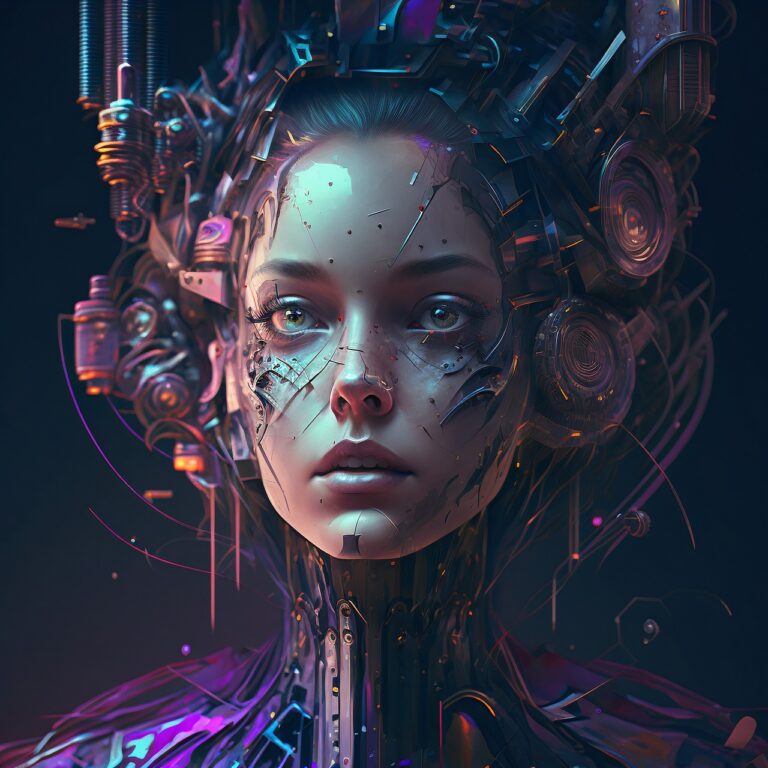



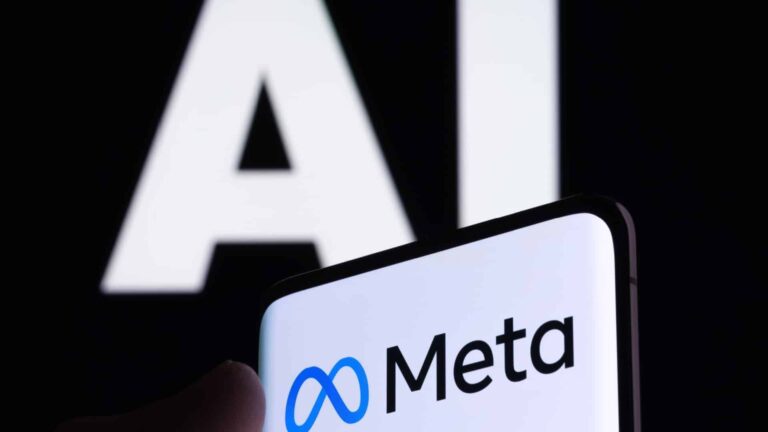

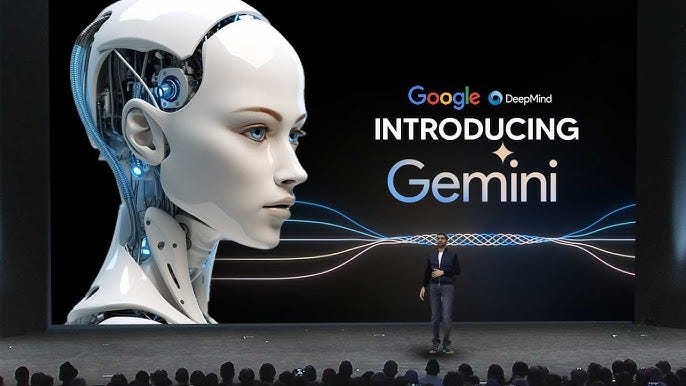


+ There are no comments
Add yours